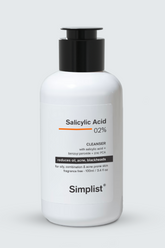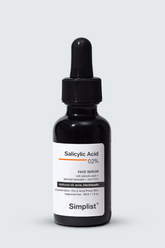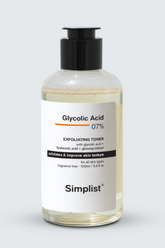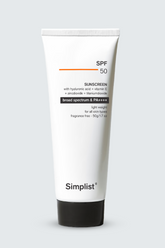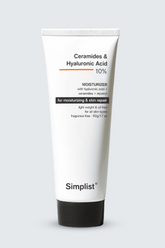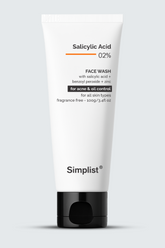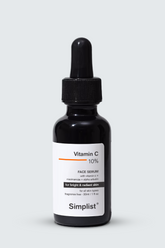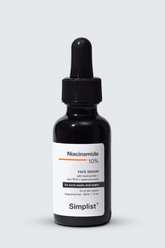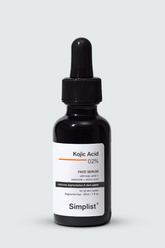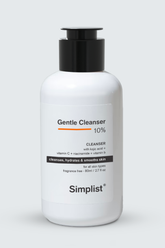How Long Does It Take for Kojic Acid to Lighten Skin?
Kojic acid is a popular ingredient in skincare. It helps to lighten dark spots, even out skin tone, and brighten the complexion. Many people wonder how long it takes to see results. The answer depends on several factors. Let's explore how kojic acid works and how long it takes to see visible changes.
How Does Kojic Acid Lighten Skin?
Kojic acid blocks the production of melanin. Melanin gives the skin its color. When melanin production decreases, the skin becomes lighter. Kojic acid is often used in creams, soaps, and kojic acid serum. It helps to fade dark spots, acne scars, and hyperpigmentation.
People with dark spots or uneven skin tone use kojic acid. It gradually reduces pigmentation. With regular use, the skin looks brighter and more even. However, the time it takes to see results varies.
Many factors affect how quickly kojic acid works. Skin type, product strength, and consistency matter. Some people see changes in a few weeks. Others need more time. Let's look at the timeline for different skin concerns.
When Can You See Results from Kojic Acid?
1. Lightening Dark Spots
Dark spots take time to fade. Kojic acid reduces pigmentation gradually. In most cases, you can see improvement within two to four weeks. The results depend on how deep the pigmentation is.
If the dark spots are mild, they may fade faster. Consistent application speeds up the process. Applying sunscreen is also important. Sun exposure can slow down the lightening process.
Using kojic acid twice daily helps to achieve faster results. Products like serums and creams work best. Soaps provide short contact with the skin, so they may take longer.
2. Evening Out Skin Tone
Uneven skin tone results from sun exposure, pollution, and aging. Kojic acid helps to balance the complexion. Most people see a more even tone within four to six weeks.
For best results, use a complete skincare routine. Cleansers, toners, and serums with kojic acid work together. Hydration also helps. Dry skin may take longer to improve.
Sunscreen is essential. Without protection, the skin may develop new dark spots. A daily SPF of 30 or higher prevents further pigmentation.
3. Brightening the Skin
Kojic acid enhances skin radiance. It removes dullness and makes the skin glow. The brightening effect appears within two weeks for some users. Others may need four weeks.
Exfoliation helps to speed up the process. Dead skin cells slow down absorption. Mild exfoliation allows kojic acid to penetrate better. Hydrating products also enhance brightness.
Lifestyle habits play a role. Drinking water and eating healthy foods improve skin health. Poor diet and dehydration slow down results.
Factors That Affect Kojic Acid Results
1. Skin Type
Different skin types react differently to kojic acid. Oily skin absorbs it quickly. Dry skin may take longer. Sensitive skin may experience irritation. People with sensitive skin should start with a lower concentration.
2. Product Strength
Kojic acid products come in different strengths. Higher concentrations work faster. However, strong formulas may cause irritation. It is best to start with a mild product and increase strength gradually.
3. Consistency of Use
Using kojic acid regularly is key. Skipping applications slows down progress. Apply it twice daily for best results. Consistency ensures faster and long-lasting improvements.
4. Sun Protection
Sun exposure increases melanin production. This counteracts kojic acid's effects. Always wear sunscreen to protect the skin. Without SPF, results will take longer.
Side Effects and Precautions
1. Possible Irritation
Kojic acid may cause irritation in some people. Mild redness and dryness are common. Patch testing helps to avoid severe reactions.
2. Overuse Risks
Using too much kojic acid can cause skin sensitivity. Following product instructions prevents this. If irritation occurs, reduce application.
3. Combining with Other Ingredients
Some ingredients boost kojic acid's effectiveness. Vitamin C and niacinamide work well together. Avoid harsh exfoliants to prevent irritation.







